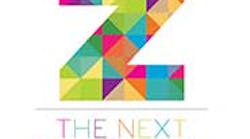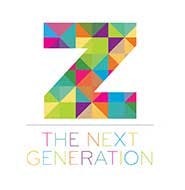Gen Z students are best engaged by using the educational materials available on mobile channels and social media sites. These mobile channels provide a tips, tutorials and complete lessons which ca augment didactic and clinical courses. Many platforms permit instructors to embed videos and quizzes, so students can learn at their own pace and receive immediate feedback. It is important to consider student learning and faculty teaching styles as well as available technology. Online courses must allow for active learning and emotional interactive engagement.(8)
Blended learning, a mix of virtual education and face-to-face instruction is happening now and is the wave of the future. The learner regulates the time, place, pathway or pace of learning. In a survey done by New York University, students reported that podcasts and webinars very helpful to their learning.
We must nurture this generation, make them feel safe, and understand digital learning and what it means to Gen Z individuals. To them, sharing means multiplying instead of splitting, and sharing everything with everybody. Openness and transparency are very important to them. Let’s collaborate with Gen Z, the most positive generation in many decades.
“Imagination is more important than knowledge. ” — Albert Einstein
References
1. Horovitz, Bruce. After Gen X, Millennials, what should next generation be? USA Today. 5/4/2012
2. Jump up to Jeanine Poggi. Nickelodeon Targets 'Post-Millennials' in Upfront." Advertising Age. (Feb. 26, 2013).
3. Riedling, Ann Marlow (2007). An educator's guide to information literacy: what every high school senior needs to know. Libraries Unlimited.
4. Schmidt, Lucinda; Hawkins, Peter. Children of the tech revolution. Sydney Morning Herald. July 15, 2008.
5. Anatole E. Generation Z: Rebels with a Cause. Forbes. 5/28/13.
6. http://www.cassandra.co/report/.
7. http://www.cassandra.co/wp-content/themes/trendcentral/pdfs/IG_Tween_PR.pdf.
8. Generation Z Thrives on Mobile Learning as the First Digital Native Generation. Bulletin of Dental Education, March 2014, Volume 47, Issue 3.










